Dans la vallée (2022)
Genre : Documentary
Runtime : 30M
Director : Marie Le Hir
Writer : Marie Le Hir
Synopsis

A feature-length documentary about our complex relationship with manufactured objects and, by extension, the people who design them.

A documentary on the expletive's origin, why it offends some people so deeply, and what can be gained from its use.

A portrait of the hacking community. In an effort to challenge preconceived notions and media-driven stereotypes Hackers Are People Too lets hackers speak for themselves and introduce their community to the public.
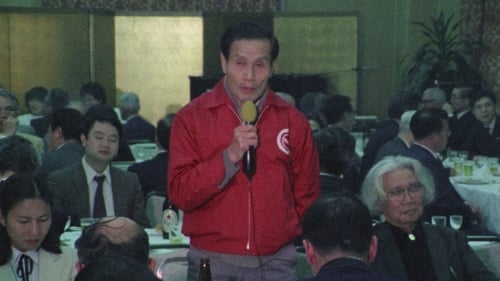
Kenzo Okuzaki, a 62-year-old veteran of the New Guinea campaign in World War II, sets out to conduct interviews with survivors and relatives to find the truth behind atrocities committed while the Japanese garrison was surrounded, in particular the unexplained killing of two Japanese privates in his unit.
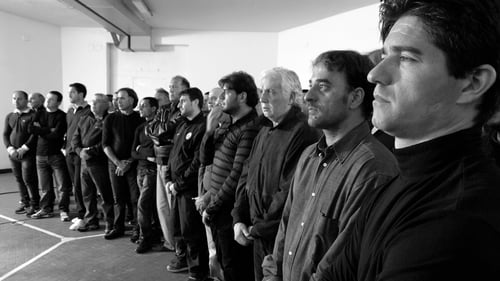
Inmates at a prison in Rome rehearse for a performance of Shakespeare's Julius Caesar.

Nestled below the rugged peaks of the Northern Rockies and along the crystal-clear Kootenai River lies the small logging town of Libby, Montana - an ironic setting for a town where many hundreds of people are sick or have already died from asbestos exposure.

Journalist Fabian Burstein looks behind the curtains of the porn industry. Starting in Budapest he heads westwards to explore a new world on its victory march rooted deeply in Austria. On this journey he meets the heroes and leading actors of this story: Austrians Mick Blue, Renee Pornero and Thomas Janisch. Porno Unplugged follows its native porn stars to where their lives happen. From east to west...

HIGH SCHOOL II is a film about Central Park East Secondary School (CPESS), a successful alternative high school in New York's Spanish Harlem, 85-95% of whose graduates go on to four year colleges. The film illustrates the school's emphasis on the “Habits of Mind” program (weighing evidence; awareness of multiple points of view; seeing connections and relationships; speculating on possibilities; and assessing values.) Sequences illustrating the school's approach to learning include: classroom activities in the humanities and sciences; family conferences; discussions of race, class, and gender; faculty meetings; disciplinary problems; sex education; conflict resolution by students; and student council meetings.

Kirby, on the outskirts of Liverpool, England, October 1972. A chronicle of the fourteen-month strike by thousands of tenants to protest against the £1 increase in council house rents due to the Housing Finance Act.

A rock documentary, about the Mexican band Molotov, that focuses more in the political and musical context of Mexico rather than in the actual story of the band.

The Game of Death is a documentary co-produced by France Télévisions and Radio Television Switzerland1 in 2009 and staging a fake game show (The Xtreme Zone) during which a candidate must send electric shocks increasingly strong candidate to another until voltages that can cause death. The staging reproduces the Milgram experiment carried out initially in the United States in 1960 to study the influence of authority on obedience: electric shocks are fictitious, an actor pretending to suffer, and objective is to test the ability to disobey the candidate who inflicts this treatment and who is not aware of the experiment. The notable difference with the original experience is that scientific authority is replaced by a television presenter, Tania Young.
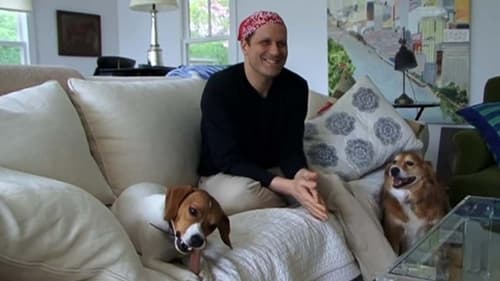
Famous New Yorkers and the pooches they love are the focus of this refreshingly honest and endearing series of interviews that celebrates the meaningful connections people share with their pups. Gossip columnist Cindy Adams, playwright Edward Albee, designer Isaac Mizrahi, and actors Glenn Close, Edie Falco and Richard Gere are among the many celebs who pay tribute to their beloved canine companions.
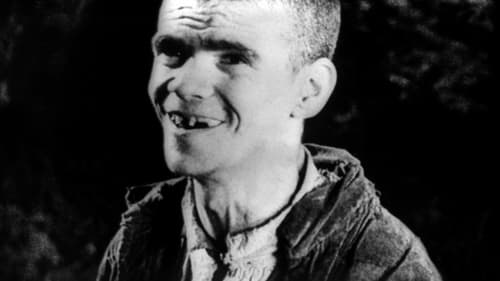
An exploration —manipulated and staged— of life in Las Hurdes, in the province of Cáceres, in Extremadura, Spain, as it was in 1932. Insalubrity, misery and lack of opportunities provoke the emigration of young people and the solitude of those who remain in the desolation of one of the poorest and least developed Spanish regions at that time. (Silent short, voiced in 1937 and 1996.)

A history of the Spanish Transition told in first person by the main protagonists: on the one hand, the politicians, idealistic or merely opportunistic, who brought it to a successful conclusion in the tribunes and offices; on the other hand, the citizens who, in the streets, supported it sincerely or fought it with ferocity.

#standwithme examines the realities of modern-day slavery, the role we play in it as consumers, and the importance of knowing the story behind what we buy. After seeing a photo of two enslaved boys in Nepal, Vivienne Harr is moved to help in the only way she knows how: by setting up her lemonade stand. As Vivienne's vision begins to show promise for something greater, she and her family must fight to avoid supporting the very thing they are up against.

An American journalist, a British sake brewer and the president of a centenary Japanese sake brewery join together to explore the mysterious world of sake, a generic name for Japanese rice wine, actually a sort of liquor. These unique individuals, fascinated by this extraordinary beverage, investigate the spectacular world that has grown around it thorough ages.

Ossie Davis, Terry McMillan, Horace Julian Bond, Isaac Hayes, Dionne Warwick and many others share their inspiring stories of success in the first installment of this series about African-American history makers, including civil rights leaders, actors and authors. A good education, dedication to work, dogged determination and the courage to take risks figure prominently in these remarkable success stories told by notable African Americans.
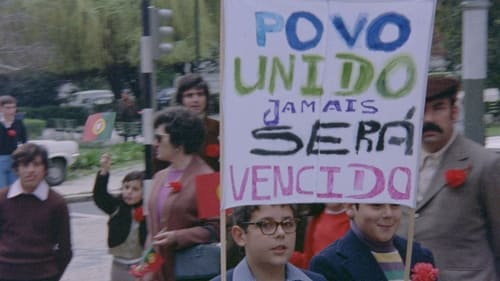
Film directors with hand-held cameras went to the streets of Lisbon from April 25 to May 1, 1974, registering interviews and political events of the Portuguese "Carnations Revolution", as that period would be later known.

A look at the world of webcam workers who find economic freedom, empowerment, intimacy and creative self expression from the comfort of their own homes.
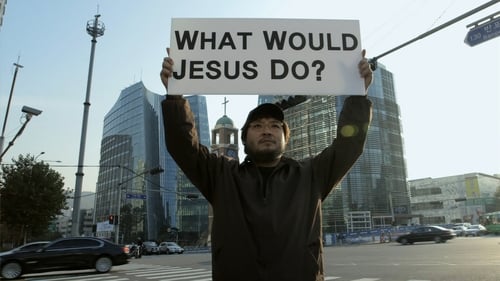
The church is the body of Christ. In Greece, the church embodied a philosophy. Then in Rome, it became an institution. Spreading throughout Europe, it became one with the culture there. Traveling to the US, the church became a business. And when it arrived in Korea, it became a conglomerate. The top five largest churches in the world are located in Korea. However, Christ has long been absent in the nation. So then, what is the church? Who is Jesus Christ? What kind of world do Christians want? If the church is indeed the body of Christ, then we must ask the questions point-blank. Where do we stand in all this? And where exactly are we headed? Korean churches—“Quo Vadis?” Korean society—“Quo Vadis?”


















